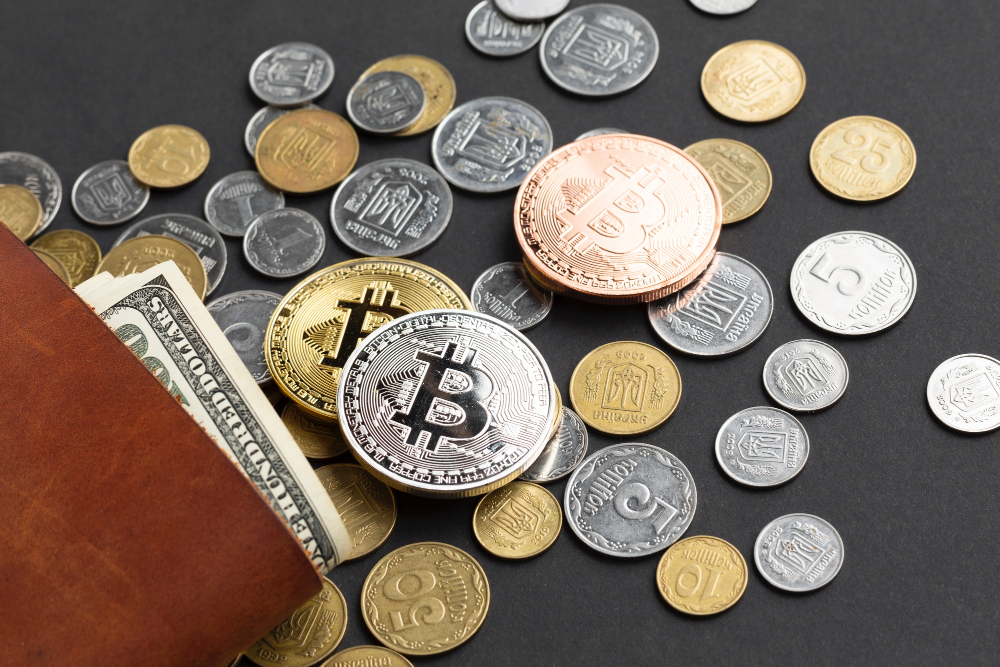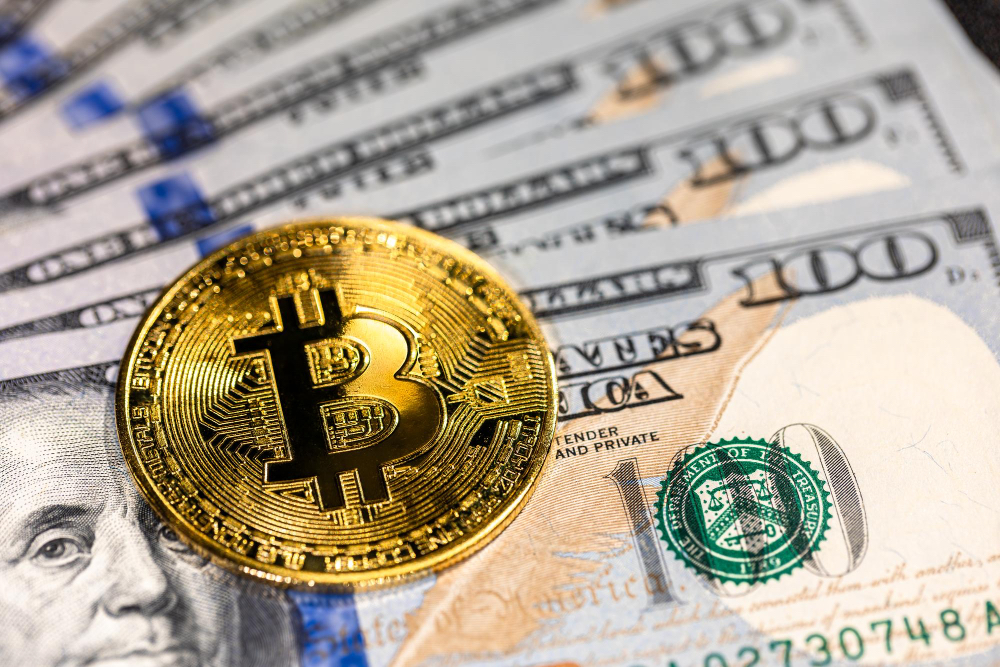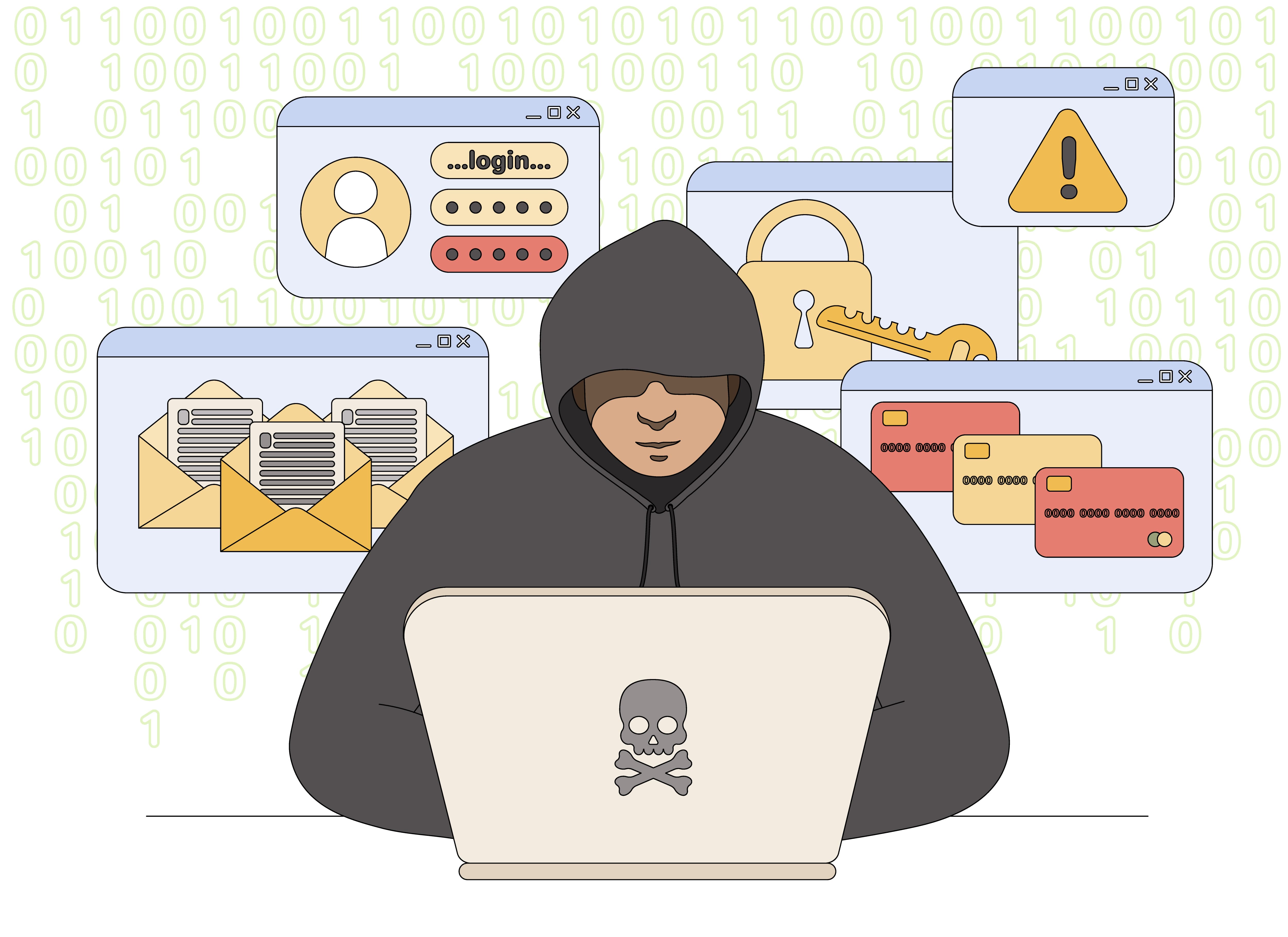Turkmenistan has adopted its first comprehensive law regulating virtual assets, officially legalising cryptocurrency mining and allowing the operation of crypto exchanges, effective January 1, 2026. Signed by President Serdar Berdimuhamedov, the legislation lays out the framework for creating, issuing, storing and trading digital assets, while clearly distinguishing them from legal tender or securities.
Cryptocurrencies will be recognised as objects of civil rights, but cannot be used as a means of payment within the country.
Under the new rules, mining will be allowed for companies and individual entrepreneurs who complete mandatory electronic registration with the Central Bank. Covert mining, which involves using someone else’s computing power without their consent, is strictly prohibited.
Crypto exchanges and related trading platforms must also register with the regulator, with the state disclaiming any responsibility for these entities’ financial obligations.
The law introduces strict requirements for user identification, banning anonymous wallets and transactions to align with anti-money laundering standards. Advertising of cryptocurrencies will be tightly controlled.
Promotional materials must include risk warnings, highlight the possibility of losing all invested funds, and avoid portraying digital assets as an easy path to wealth. Ads cannot use luxury imagery, bonuses, or involve minors.
Additionally, crypto companies are prohibited from using terms associated with national symbols, such as ‘Turkmenistan’ or ‘state,’ in their branding.
Turkmenistan’s move aligns with a broader trend in Central Asia, where countries like Uzbekistan and Kazakhstan have established licensing regimes, mining regulations and even national crypto reserves. The regional push suggests growing interest in formalising digital asset markets while maintaining strict state oversight.
Would you like to learn more about AI, tech and digital diplomacy? If so, ask our Diplo chatbot!










